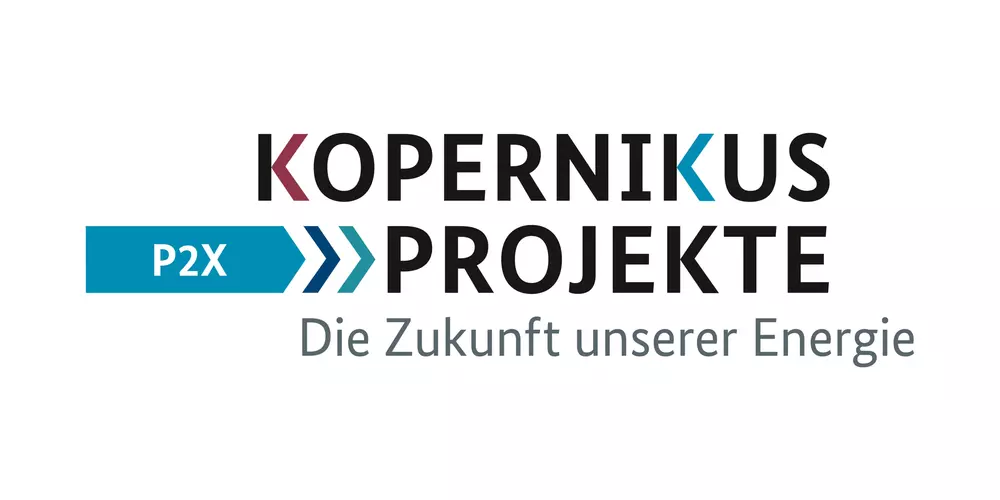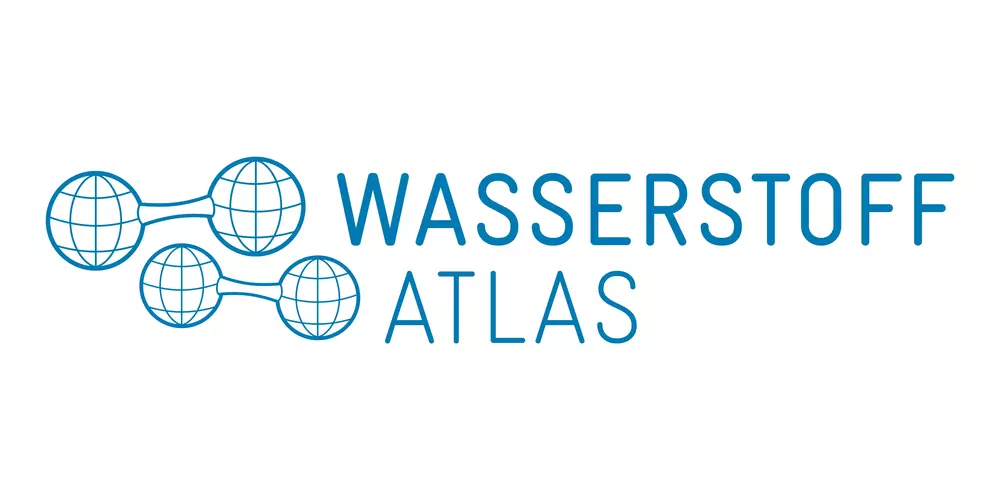Investigating tomorrow's locations and technologies today
Energy System Analysis
Have you ever asked yourself which measures are necessary on the way to a sustainable energy system in your region, in your country? Simply starting to build and hoping that everything will fall into place is not an option - there is too much at stake. This is why energy system analyses are necessary. Optimization and simulation programs are usually used as a basis. This allows the local, national or even international energy system to be mapped in detail and, for example, the measures required to meet climate protection targets to be identified.







